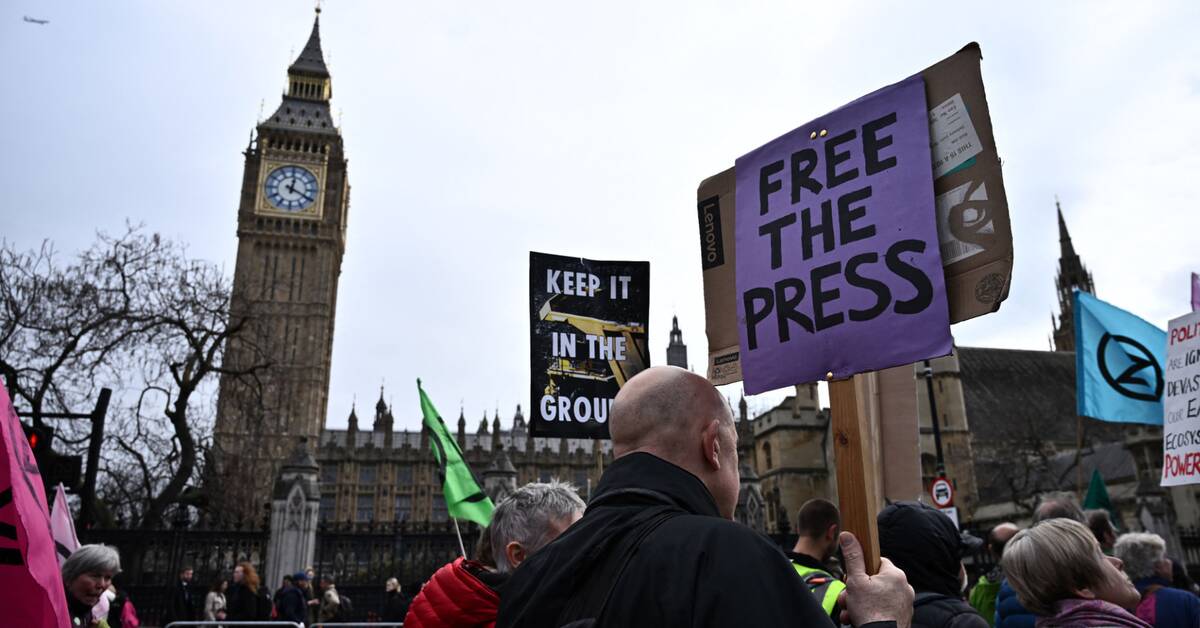"What you can say is that there are eight countries that are at the top and have good press freedom. All of them are located in Northern Europe. But in countries where it used to be a good situation, in Latin America, South-East Asia, Oceania, North America, there is no longer good freedom of the press. Unfortunately, this is a development that has been going on for a long time, says Erik Halkjaer, president of Reporters Without Borders.
Sweden loses
The situation for journalists around the world remains dark, according to the report.
Since last year, the Press Freedom Index has been measured according to five criteria: political context, economic, legal, social and security. For the first time in seven years, three Nordic countries are not at the top of the press freedom index. Norway is at the top, Ireland second and Denmark in third place.
Sweden slips down one place, from third to fourth place – where the controversial foreign espionage law from last year and police interventions against journalists are cited as two reasons.
"Last year in Sweden, we counted five occasions when the police intervened against journalists. They were detained, equipment seized, source protection threatened. At one point, they stood idly by when journalists were threatened by Nazis at a demonstration. All this means that the safety of journalists is impaired, says Erik Halkjaer.
New technology threatens independent journalism
In two out of three countries in the index, Reporters Without Borders believes that new technology and political propaganda have been used by those in power to manipulate the flow of information.
"According to our index, propaganda, disinformation and artificial intelligence are used in two out of three countries by those in power as a weapon against independent and investigative journalism.

